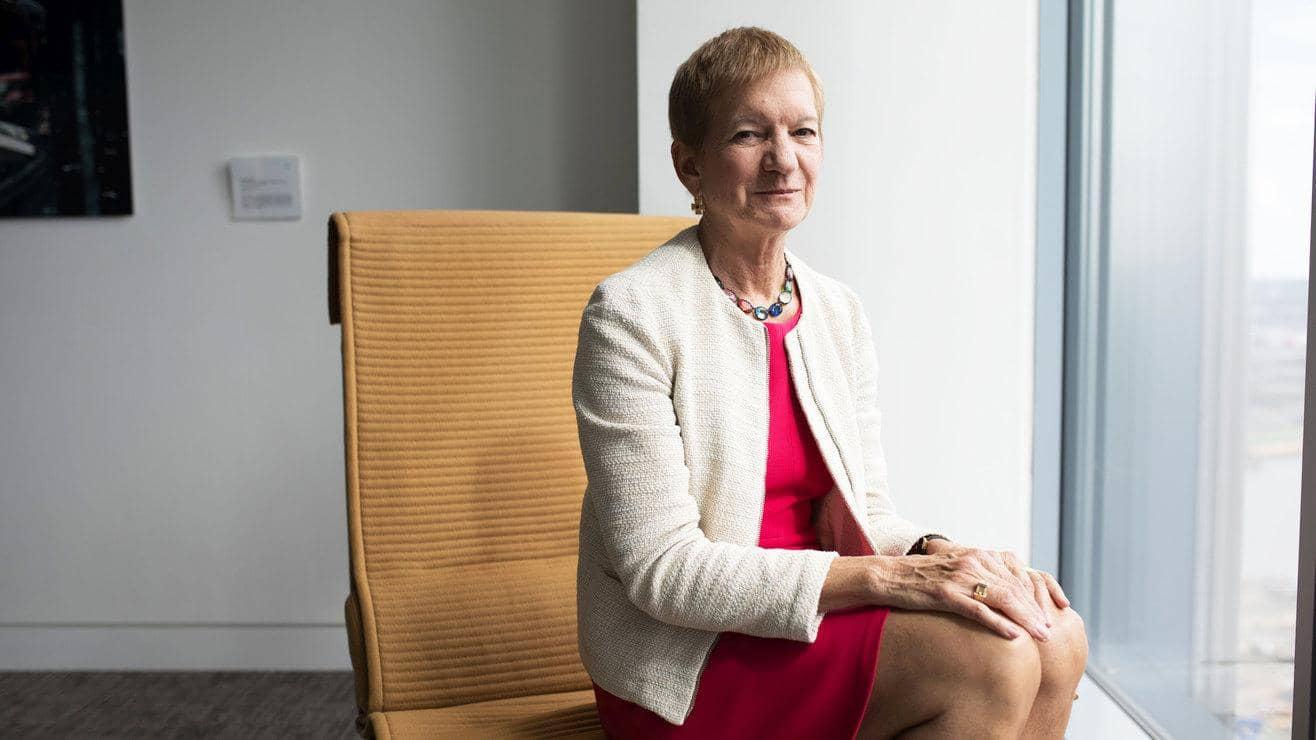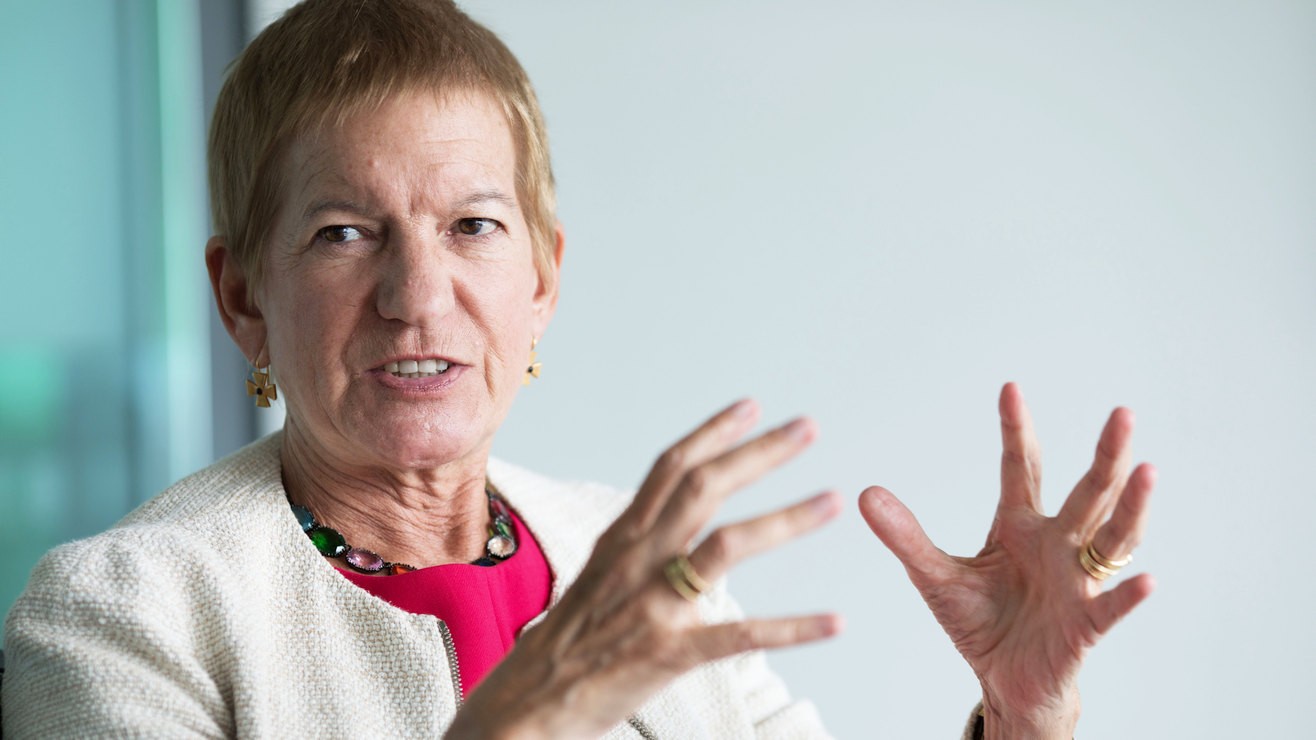
Community
Insights: Emma Turner
Charities are under pressure to maintain the levels of funding they have achieved in the past, but in a tough economic climate, the sources of funding are becoming harder to access. As a result, competition for funding has become fiercer than ever.
Every year, we’re seeing more charities formed, but we’re not seeing increasing amounts of money coming in to support them. One of the consequences of this is that charities have to work harder and have increasingly turned their attention to attracting a greater portion of their funding from wealthy individuals.
Our Philanthropy Service provides clients with full range of bespoke literature and events that give our clients advice on how to engage in their own charitable giving. Some of the documents we provide, like Smart Giving and Future Giving, we make available to everyone.
Current research shows that older people are giving less to charity and younger people are picking up the baton which makes engagement with a younger demographic even more important. This was part of our motivation for ‘Future Giving’ – a comprehensive guide on engaging the next generation. On the flip side, there are also benefits to young givers in terms of widening horizons, developing social conscience and learning the value of money.
Research shows that older people are giving less to charity and younger people are picking up the baton
The guide has also increased conversations with clients about how to understand what’s right for their kids. For example, with a family I worked with we wanted to see how we could engage them all – from an under five year old to grown-up children – in a way that would work. The father had decided to put some money for the older children into a charitable trust, so they were asked to go off and find a couple of charities that they would like to see supported .
With the eight-year-old, I asked what he liked and they said: “the money jar in the kitchen”. I suggested that he counted it and bagged it up and took it to the bank, with half given to his pocket money account and the other half to a charity of his choice
The family met together, and the elder boys had done nothing, saying: “Dad, just give the money to the organisation you want”. But the eight-year-old stood up and said he wanted it to go to a charity in memory of a school friend who’d died the previous year, that his friend’s mother had set up, and of course the family was completely blown away because he was eight.
So, they took the rest of the money and paid for someone to help run the charity for three years. They were in a privileged position, but that came from the ideas and attitude of giving from an eight-year-old.

Stay smart: five tips on charitable giving
When an individual looks to give money to charity – sometimes substantial sums of money – it makes sense to look on it as an investment. Not that you’re getting capital returns, but you want the money you invest to produce specific results just as you would when investing in a company.
And if you were investing in a company, you’d do your research and due diligence on whether it’s the right fit for you.Give scrutiny to your charitable giving in the way you would with your private investments. Here are five ways to ensure that charitable investment stays “smart” and is the right fit for you:
1. Take the emotion out of your decision: Charities use emotion to appeal to us. Take the emotion out of it and use a cool head to assess whether it’s the right organisation for you.
2. Make sure it’s the right fit:. Work out if their work aligns with something important to you. Ask friends and family, use social media. There’s no rush – you can take your time over this.
3. Find out everything you can about the charity: Once you’ve found a charity – look into them more closely. Even fully reading a charity’s website can be like having a virtual meeting with them to see plainly and clearly who they are, what they’re doing, how they’re doing it and how they assess themselves. You should be able to find board members, annual reports, accounts… everything that draws you a picture of who they are. If you can’t find this, call them – because it’s also very telling how they deal with donors on the telephone.
4. Check the financials: However small they are, their finances should be sound. Make sure their fundraising is successful and they have a good base of funders. You want to ensure they have six months running costs in the bank so that if a major source dries up they can continue to pay their staff and do their work.
5. Ask about impact: Increasingly, people are saying to me that they really want to make sure a charity is being effective in the work that they’re doing, so you want to see research or data or stories that the charity is actually moving the needle on the issue that they’re trying to fix.
Read or download ‘Future Giving – a guide to donating’ here.